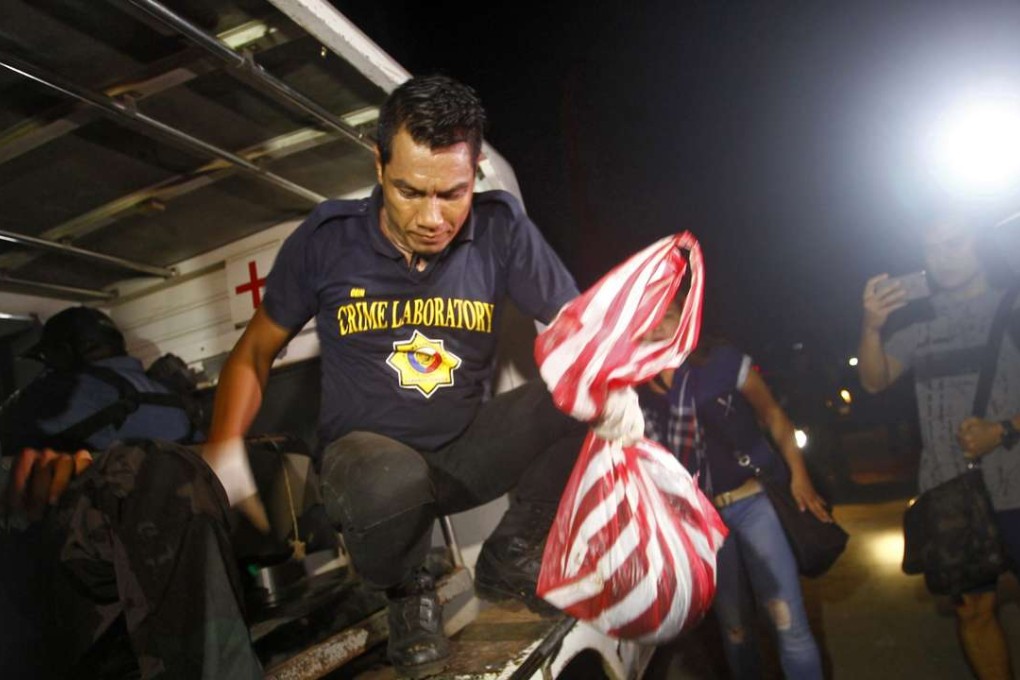‘Our troops thought it was a bomb but found out it was a head’
Philippine troops found the decapitated head of Canadian hostage Robert Hall in a plastic bag in Jolo town Monday night after a large ransom demand by Abu Sayyaf militants was not met

Philippine authorities have defended their inability to save a second Canadian hostage who was beheaded by Muslim extremist guerrillas, despite months of pursuit.
“We strongly condemn the brutal and senseless murder of Mr. Robert Hall, a Canadian national, after being held captive by the Abu Sayyaf group in Sulu for the past nine months,” presidential spokesman Herminio Coloma said in a statement.
[The militants] have relatives in the community. They are the ones that give them a warning when there are soldiers in the area
Police Superintendent Junpikar Sitin said troops found the head late Monday in a plastic bag on a street in Jolo town in Sulu province.
“Our troops thought it was a bomb but found out it was a head,” Sitin said by telephone from Jolo, a poor, predominantly Muslim region.

Earlier, Canadian Prime Minister Justin Trudeau declared that his government has “every reason to believe” that Hall had been killed by the Abu Sayyaf, the second Canadian captive to be slain this year.